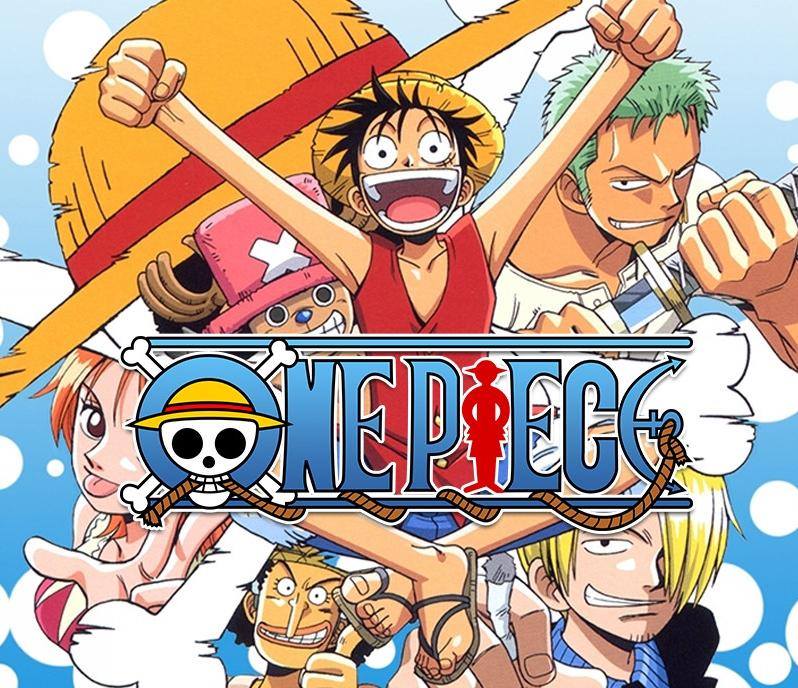The Power of Anime: Exploring Its Psychological Impact on Viewers
The Power of Anime: Exploring Its Psychological Impact on Viewers
Anime as a medium has been very helpful to many people suffering from mental illness or depression. Although there are many other anime, which also serve different purposes, anime has been successful due to its realistic depiction of today's daily life.
It also has a lot of psychological impact on many people, due to the specific themes each anime addresses. So today we will talk about all the psychology of anime and how it has affected us.
Along with this, we will also provide examples of realistic characters and situations, which are perfectly depicted in the anime. Anime psychology should not be underestimated, as it has helped many people.
This is also a very broad topic, so be sure to stay tuned until the end.
Contents
Understanding Psychological Themes and Characters in Anime
First of all, there are broad themes that most anime cover. Whether it's relationships, personal growth, trauma, or identity, we've seen many characters who have faced these struggles.
And the best part is that most of these struggles and situations are real. Many of us may have faced similar situations before, or we may face these kinds of situations soon.
Now let's talk about all these individual aspects in detail.
1) Relationships
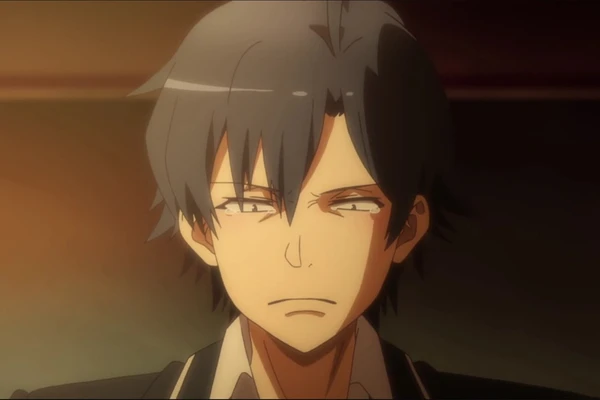
This is a good deal in many slice-of-life animated series, where we've seen characters struggle to form relationships with others. Whether due to past trauma or other reasons, some characters also prefer to be alone.
Doesn’t that sound like you? It’s true that some of us may have found ourselves at this same point, at any stage of our lives. Either the character was rejected by people or he had rejected the people around him.
But, at one point or another, we are bound to crave relationships, just like many other anime characters. We are therefore going to talk about a character, and analyze his relational aspect in detail.
The most common example here is . We all know him as a child gifted with intelligence, but we use him for bad purposes. Many of us might even think he's nervous and unfriendly, at first glance.
Especially with the self-sacrifice he sometimes shows, this opinion hardens. But why does he do this? He knows he has no friends or fame going for him. Hachiman doesn't know a better way to fix things than to blame himself and bomb his reputation.
Is his method effective? Yes, it managed to help some characters, but it never helped Hachiman. Slowly, due to the need to build relationships with the people beside him, he began to change.
He accepted that he wanted something real, and that's a big step for a loner like Hachiman. What motivated him to do this? The people next to him, who care about him, constantly continue to make sense of him, and he begins to change.
And finally, by the end of the series, Hachiman could proudly say that he now had friends he could count on. He also has and enjoys the same youth that he despised at the start of the series.
2) Personal growth
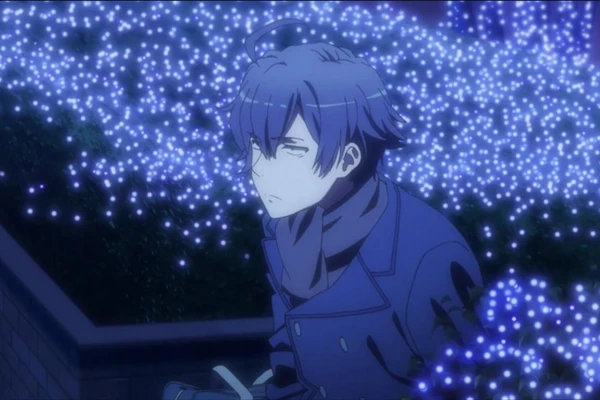
Do you ever find yourself stuck in the same place and unable to move forward? This specific situation has also been dealt with in many other anime series. Even in this situation, we can talk about Hachiman Hikigaya of .
Hikigaya thought that youth and relationships were simply boring and remained lonely. However, fate had a different ending for him and he was introduced to Yui Yuigahama and Yukino Yukinoshita.
For most of the series, he stuck to his stubborn opinions. And it even made some of the people who care for him angry, and others even cried on many other occasions.
But he realizes that all his lonely thoughts and attitude won't get you far. He even realized that he also craved relationships, just like any other normal human being.
Even though it took many struggles and a lot of time for his change, his personal growth was reflected by the end of the series. Likewise, change and personal growth is a very slow and time-consuming process.
This anime tries to convey that all your bad emotions and ideals will eventually change after meeting the .
3) Trauma
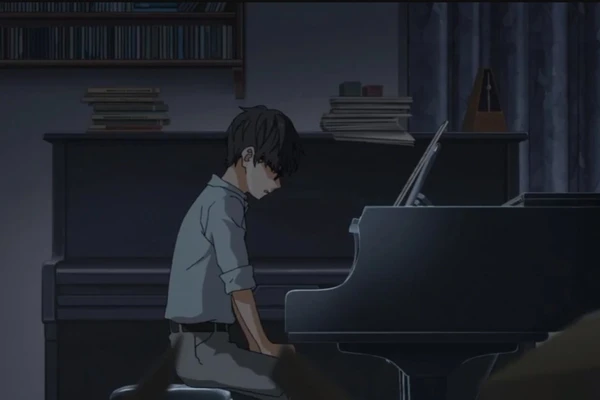
There are certain situations in our life that we can never forget or escape. We can recognize some of our feelings that make us feel angry, depressed, and many other things at the same time.
We might even give up our favorite activities in times like these. And for that we have a perfect character called Kousei Arima, from . He had suffered trauma one time too many.
For this reason, he also gave up his favorite piano at a very young age. This is yet another similar one and . And when he grows up, he also finds himself unable to hear the voice of his game.
Does this stop him from playing? No, thanks to his friends and Kaori, he still tries to play the piano tirelessly. Trauma sometimes feels like an insurmountable wall, but it is certainly not impossible to overcome.
Just as he demonstrated the ability to surpass him, we can all do the same. His trauma further strengthened his confidence and emotions after Kousei overcame what was holding him back.
Even though he was in a very bad situation, he still managed to get back up. This is yet another life lesson that anime teaches us.
4) Identity
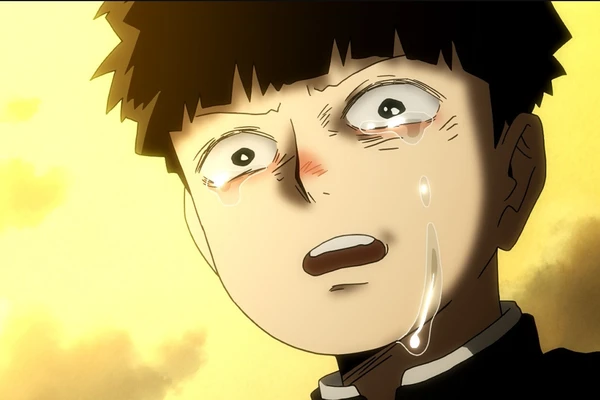
Have you ever felt like you don't know what you're going through or what you're becoming? Don't worry, because there are many examples of depictions of realistic characters, who have experienced similar things.
If we look at Shigeo Kageyama in Mob Psycho, we also see how unstable he is. The purpose of the game was for Shigeo to find his own identity, after having to suppress his emotions for years, due to his powers.
Shigeo always had to compress his emotions because he transformed when he was emotionally unstable. And for this reason, he also lacks some of the basic human emotions.
All he tries to do now is try to propose to Tusbomi, his childhood friend. For good reason, he initially has no personal identity. However, he also began to change gradually, after meeting friends and allies.
He quickly found himself surrounded by people who cared about him. But Shigeo's biggest rival is himself, he must conquer himself before he can change. And he succeeds.
By the end of the series, he realizes what he wants to do and has even formed an identity for himself.
And finally, all these characters moved us, and some even made us cry at times. Why does this happen? This is because we have been in the same situations and can understand their problems.
It invokes one in us, for these characters. We also begin to identify a few characters as our favorites, and we may become emotionally attached to them as well.
Apart from these, there are still many other diverse emotions that anime as a medium has addressed. They go through similar difficulties, emotions and challenges that we went through, which makes us identify with each of these characters.
We insert our values and our personality into these characters that we love so much. This shows how great anime psychology is and how it has affected us, without us knowing.
The impact of anime on emotions and empathy
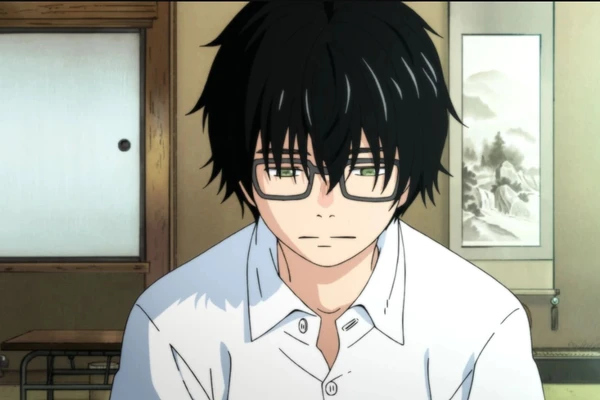
Now we will talk about how anime psychology evokes emotions and especially empathy in us. All of us, at one point or another, have been deeply connected to an anime character, and we can also relate to what they are going through.
How is this phenomenon possible? Let's talk about it in detail, with an example of Kiriyama Rei, the main character of the best, March Comes in Like a Lion.
This series is about personal struggles, growth, and many new emotions experienced by the character. Initially, he is a lonely and depressed guy, who had nothing other than Shogi under his belt.
We also see many realistic depictions of his struggles, through various scenes in the anime. The animation and soundtrack of the show also reinforce this aspect and make its representation even more realistic.
When we go through each scene, we can even understand his emotions and what he is thinking. It's simply because we find his character so realistic that we connect to him on an emotional level.
If we fully understand a character, we become emotionally attached to them. We also understand their struggles, as well as their emotions. All this happens unconsciously, without us knowing it.
That's why sometimes we talk about some of our favorite characters before we even know what's happening. And, adding in the various other characters and narratives of this anime, we are easily connected to this series.
Besides Rei, we see many other relevant characters and situations. The quirky animation, which subtly references the character's emotions, also helps a lot in this regard.
Adding all of these aspects together, we see ourselves experiencing a range of emotions, similar to those of the character in the series. This is just one example of a good series, where the psychology of anime invokes empathy in us.
Influence of fan culture on psychology
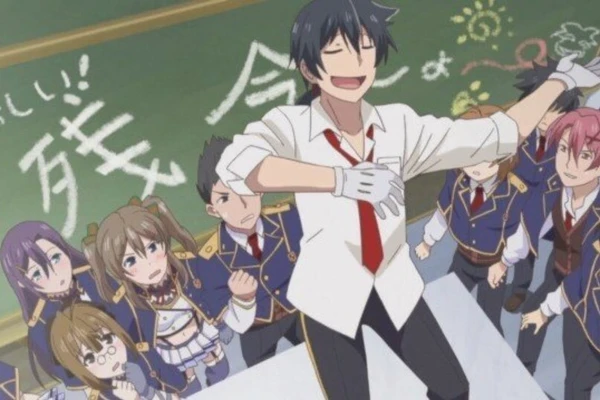
After finding an anime series that we like, don't we want to talk about it more and more? This is the same thought of many fans, and it's the main reason why we now have a lot of different anime fandoms.
Talking to all these other people makes us feel like we belong here. Above all, talking about our favorite series with other fans also evokes a sense of belonging among us.
The psychology of anime in fandoms is very simple, it's just about interacting with other people. It is also another way of personal growth for many people. Sometimes you might end up and stay lonely, because of a problem.
But soon you find an anime that you relate to and understand that you can overcome bad things too. Watching your favorite series also automatically makes you want to interact with other people, who also like the series.
In this way, you have managed to reverse your depression and find people with whom you can have fun discussions. The deep connection between a character and a series is also the reason why we find ourselves defending the series, when someone hates it.
It also means you've unlocked new emotions, like a passionate attachment to specific series and characters. Because you connect to them on an emotional level, you can do this.
The more you talk about the show, the more you also find yourself becoming a member of a fandom. Moreover, more interactions will only lead to the emergence of good communities and will also give a sense of belonging to many people.
This is also how many other people manage to overcome their introverted habits and find a place where they can interact freely. Anime psychology is still a very big topic, which applies to many emotions.
Anime and its reflection on current society
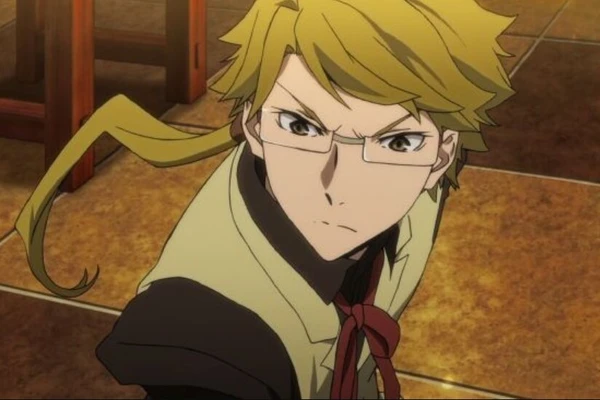
In anime, we can also see many realistic depictions of society and norms. A major example of this is , a supporting character in the popular Bungo series Stray Dogs.
We knew from the beginning that this was a very realistic series, which also had many other broken but realistic characters. The author himself said that this series is like oxygen for people who need these stories to survive.
It also covers many other crucial aspects that make the series so popular and loved. It resonates with many audiences, due to the series' wide range of realistic characters.
Coming to Kunikida, he is a man of his word, very disciplined, and also places justice above his own life. These are mostly the kind of people we see these days who care more about societal norms.
Kunikida does the same and follows these rules so that he can protect innocent people. He never deviated from his standards and discipline, and never did anything that went against his sense of justice.
The series also talks about his character in detail and how he tries to uphold all these values. Even in the face of an insurmountable enemy, he still values his justice more and is willing to sacrifice his own life in the process.
This shows how realistically anime psychology has even portrayed the value of societal norms. It also manages to depict many other psychological challenges like these, which shows how good the anime medium is at conveying important messages.
Apart from this, we also see many other series, which also have a cultural context. In this specific series we see that we are dealing with one or another psychological problem.
And a lot of cultural context is added here too. Because the names of the characters in the series are those of the most popular authors. Moreover, their abilities are also the names of the famous books of these authors.
Many incidents of these real-life perpetrators are also referenced several times in the series. For example, Dazai, Oda and Ango were also friends in real life and visited Bar Lupine. The same bar name was also referenced in Dazai's Light Novel.
The real Doppo Kunikida was also a teacher, which was also mentioned in the series. Ryunosuke's rivalry with Ryunosuke, Dazai's suicidal tendencies, and more are some of the real-life incidents that have been referred to.
This proves that anime can also include cultural context and depict it with psychological issues. For now, this is the end of our article talking about the psychology of anime. For similar content, check out our.
Do small things with lots of love.
Follow us for more updates.
Read also







